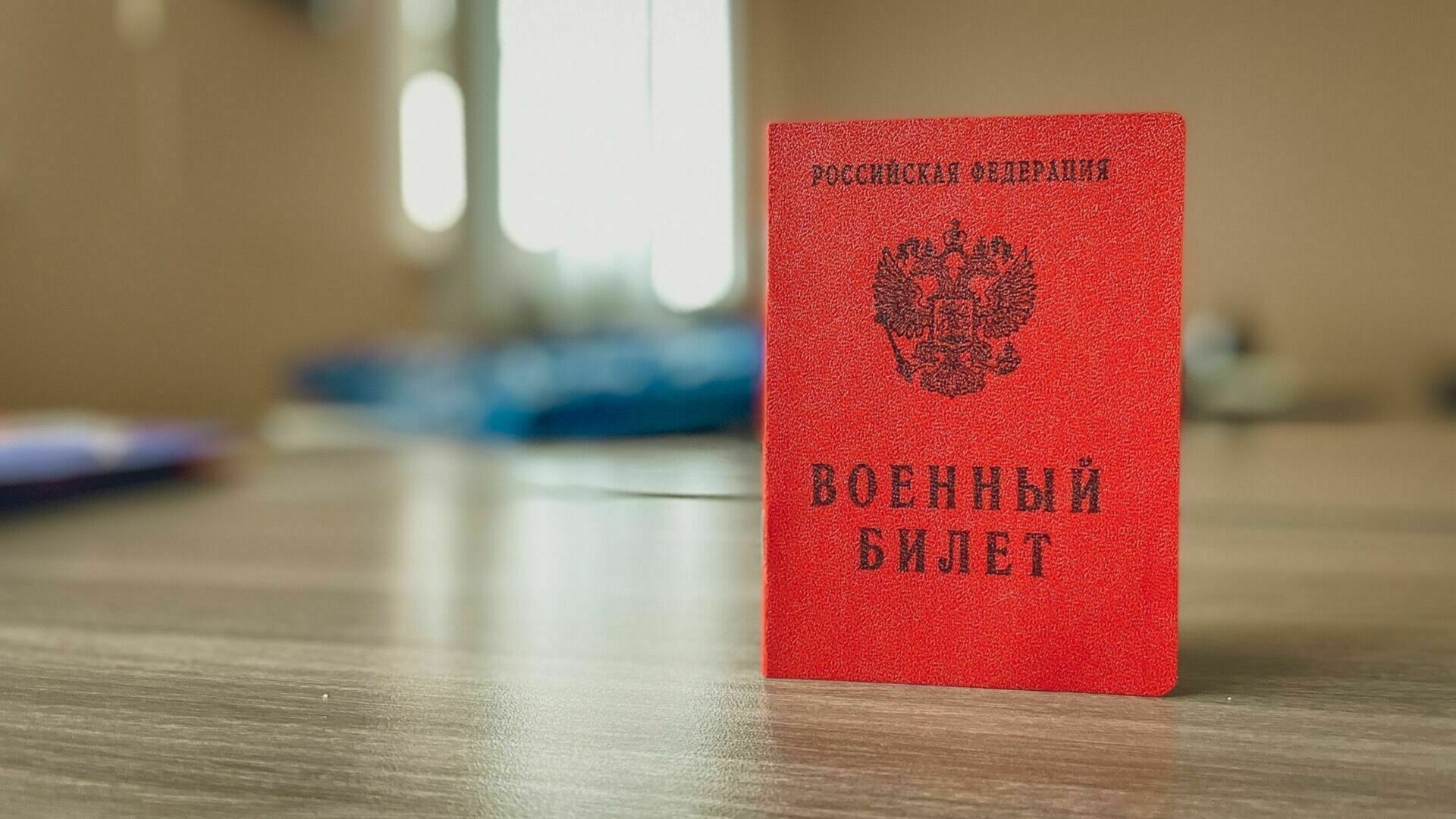
Experts: The Unified Register of military servicemen can reduce Russia's GDP
Ekaterina MaximovaEconomist Vladislav Inozemtsev notes that with the adoption of the law on electronic summonses for military service (the bill was submitted to the State Duma on April 10, and already adopted on April 11), a whole group of citizens whose rights will be restricted will appear in Russia.
"This is a broad group, I think, about 10-12 million people. Their rights are already restricted not only from the point of view of freedom of movement, but also from the point of view of property rights, what used to be done according to certain decisions of judicial authorities and so on. The government is becoming more and more so comprehensive, it climbs into all spheres of life," says Inozemtsev.
The consequences directly for the country's economy Vladislav Inozemtsev estimated as follows: "I think they will be quite large-scale. In the sense that there are already various kinds of posts on social networks telling how to escape, hide, and so on. I don't think everyone will do this, but in any case, of course, we are talking about the fact that, as in September last year, a lot of things in the country will be disorganized for some period of time. The same will apply to people who will seek to work remotely, live not at the registration addresses, write out SIM cards not for themselves. Economically, of course, it will be a serious blow."
The economist recalled that due to partial mobilization in September, Russia lost about a million people. The same massive wave of emigration of Foreigners is not expected, but people will leave Russia.
"I don't think there will be such a large-scale emigration now, but in any case, people inside the country will begin to drop out of economic activity, start quitting enterprises, start living in unknown places, and so on. I think that, of course, this measure - it will cost the economy, say, at least 1% of GDP, if it is implemented on the scale in which it is supposed to be," Inozemtsev summed up.
Publicist Anatoly Nesmian assessed the new law as follows: "The law on the register of military service personnel adopted by the Duma today may have a consequence, which today seems unlikely. The law itself is extremely strict and actually introduces a presumption of guilt: a person may not know that he has been issued a summons, but seven days after its formation, he automatically turns into a criminal. Habitual schemes of evasion in such a mechanism are impossible, just as it is impossible to legally change military service to an alternative one. What does a person do when he is put in a desperate situation? He measures the risks and chooses the least."
Therefore, Nesmian writes in his tg channel, the authorities may suddenly get a picture somewhat similar to what happened during the covid restrictions.
"Despite all the efforts and all the terror, the number of refuseniks, evaders and boycotters of the life-giving injection from Gamalea has definitely exceeded the ability of the authorities to punish them. The situation is tougher now, but there is more at stake. And more unambiguously. Therefore, a possible repetition of mass evasion and boycott may occur again. Without any organization, although, of course, they will start looking for enemy tracks. The boycott may become spontaneous, but massive," Nesmian writes.
Political scientist Sergey Markov summarizes: "The electronic agenda for military mobilization in Russia has shocked Russia. And it will be even more shocking when people realize that the evaders will lose their rights to drive a car and dispose of property. And even those who have left will still receive the same summons in electronic form. It's a new world."
As for the outflow of young personnel, as the analytical service of the FinExpertiza consulting network calculated the day before, in December 2022, the number of employed Russians under 35 decreased by 1.33 million people (-5.8%) compared to December 2021. This is about 29.8% of all employed in the Russian labor market. The number of people employed under the age of 30 decreased by 802 thousand (- 6.9%) to 10.8 million people, which is 14.9% of all employed. The number of employees aged 25 to 29 decreased especially significantly over the past year - by 724 thousand to 7.2 million. And this is an important category of young professionals for the economy.
On April 11, along with the adoption of the law on electronic summonses and the register of military service, State Duma deputies also voted for amendments that, among other things, imply a ban on departure, transport management and some property transactions for citizens who received summonses but did not appear on them.